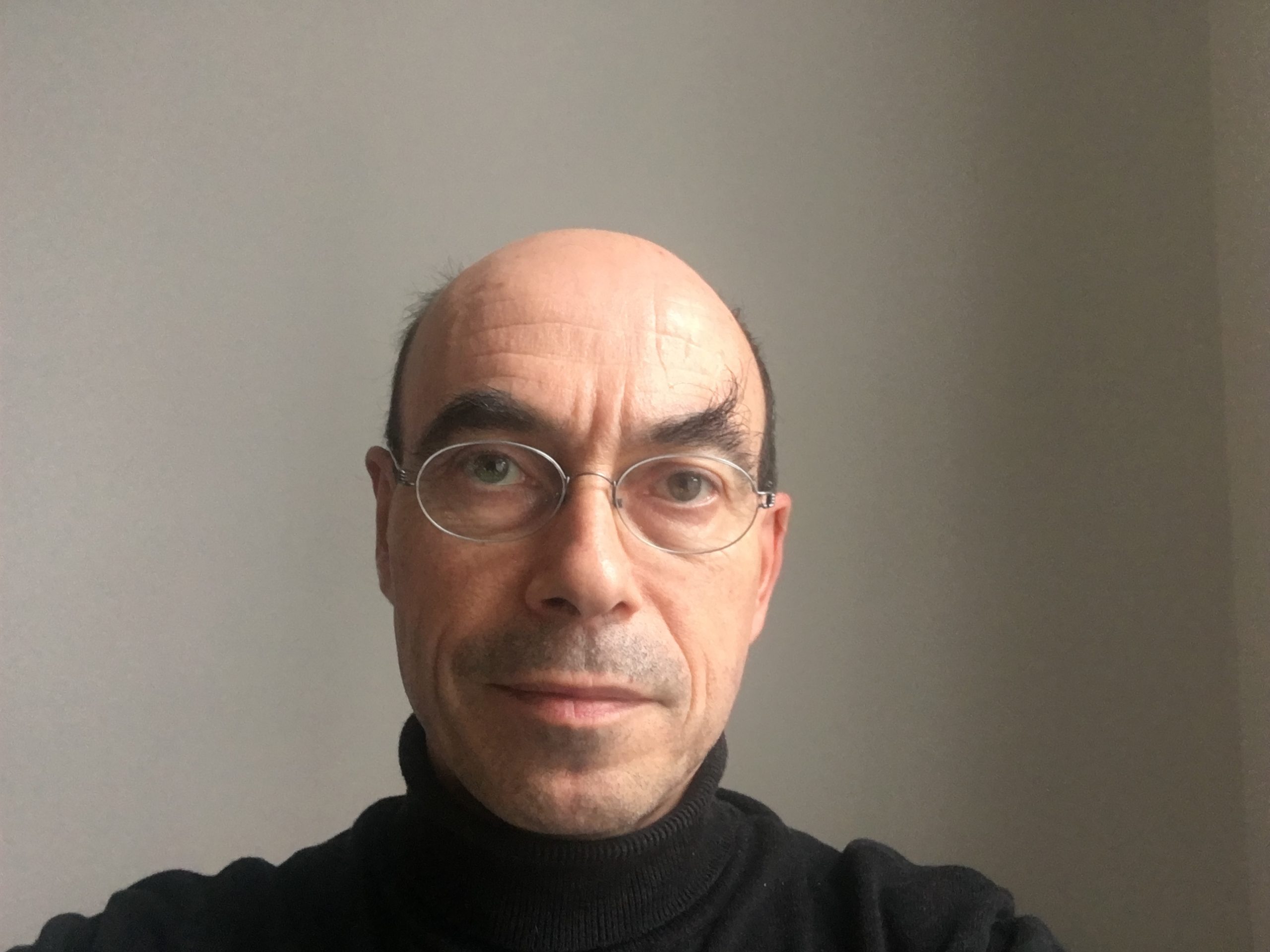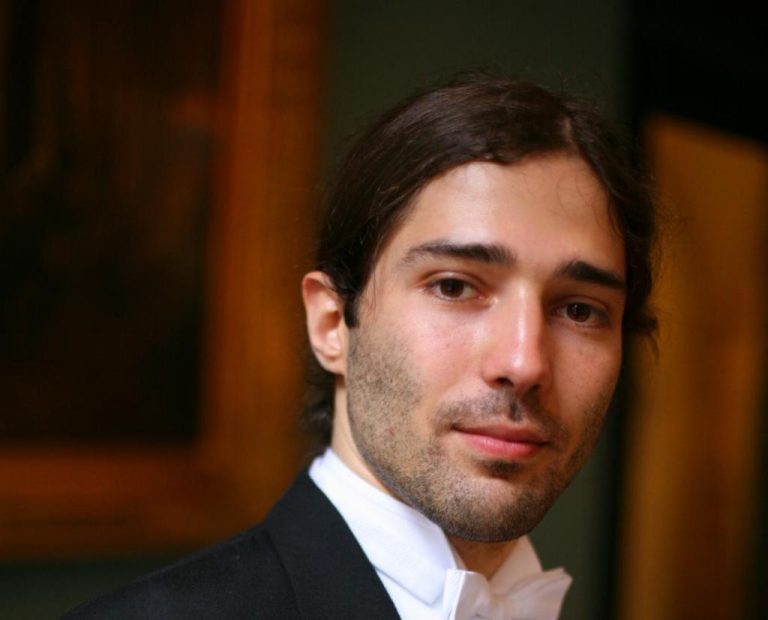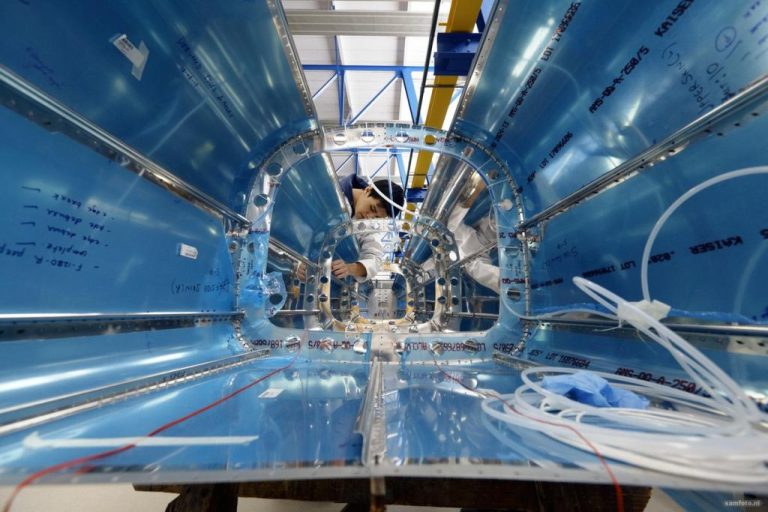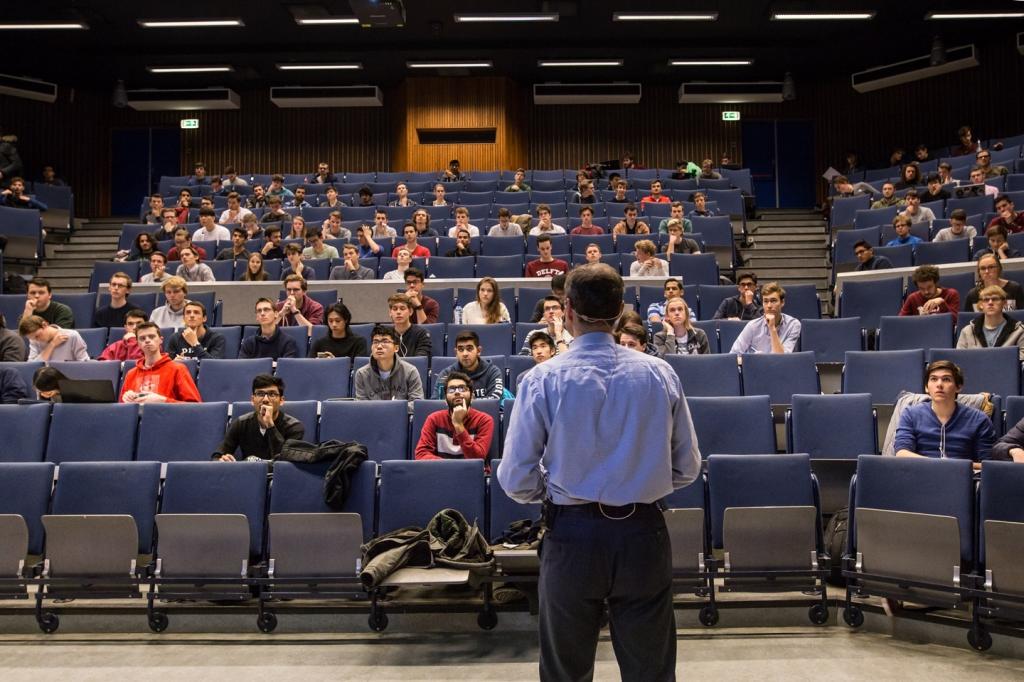Good teachers mean good education. With the Education Fellow program, TU Delft encourages teachers to innovate their teaching methods and become even better. Here are some of the innovations the Education Fellows are currently working on.
Good teachers make for good education. (Photo: Thomas Zwart)
The Education Fellow program was established three years ago. Each year four fellows are appointed who receive €25,000 each to develop their innovative methods. Potential candidates are nominated by the dean. On Friday, April 6, an Education Fellow symposium was organized in the Teaching Lab, where the current fellows inspired other teachers by showing them what they are working on. Delta was there and gathered tips from some of the best teachers in TU Delft.
- Let students give each other feedback.
Pieter Bots teaches at the TPM faculty and has developed a system in which students both peer-review assignments and build on each other’s work. Students review the work of their peers, and then they do the next assignment of the “relay”, which is then also peer-reviewed. Part of their final grade is whether they have improved on the work of their predecessor. Bots has spent the past two years implementing this in his own course, and he plans to use the Education Fellow grant to analyze the statistics of the data he already has to verify the results. He is also currently working on an academic article about the system. In this video (in Dutch), the relay project is explained in more detail.


- Do your grading online
Another Education Fellow is Anton Akhmerov. He has developed the software program Zesje, which allows examiners to grade tests online. All they have to do is scan in the tests and verify which student a test belongs to. The software then gives the examiners predefined errors and the number of points that is detracted per question or sub-question. It also sends each student an individual e-mail with their results, the correct answers and feedback. Other advantages of the system are the detailed statistics produced about how students did on the test, and most importantly, it saves a lot of time. At the moment, around 20 courses are using Zesje, and the system is being optimized with a smoother lay-out and a more user-friendly interface.


- Focus on practice rather than theory
Joris Melkert is one of the first four Education Fellows, and he has set up a unique course in which students build an airplane that can actually fly. In teams of 15 to 20 people, students build an aircraft with a commercially available kit. The team hopes the plane will take off on its maiden flight in 2020, or even earlier. They are building the plane in a laboratory that is set up similarly to an actual aircraft manufacturing factory. In this way, the students learn to function within this practical setting and experience all the aspects of the process of building an airplane. When the plane is done, the team plans to sell it to cover the expenses of another commercial kit. With this course, Melkert wants to give the students a good idea of what it is actually like to construct an airplane, so they hit the ground running when they start their career.





Comments are closed.